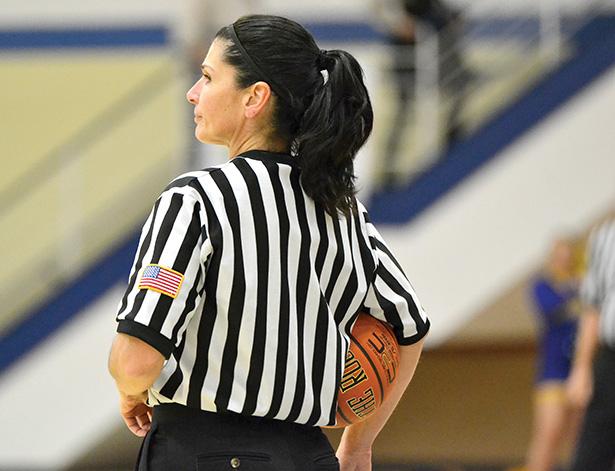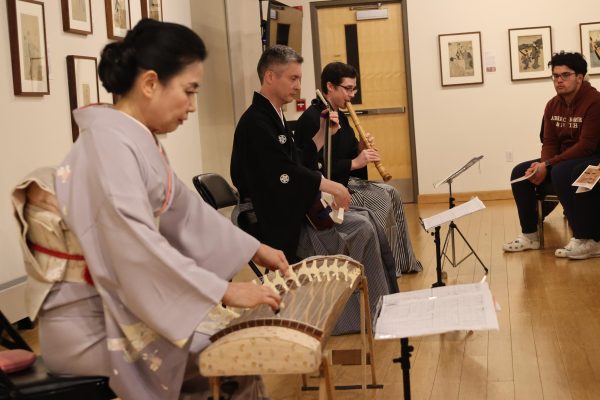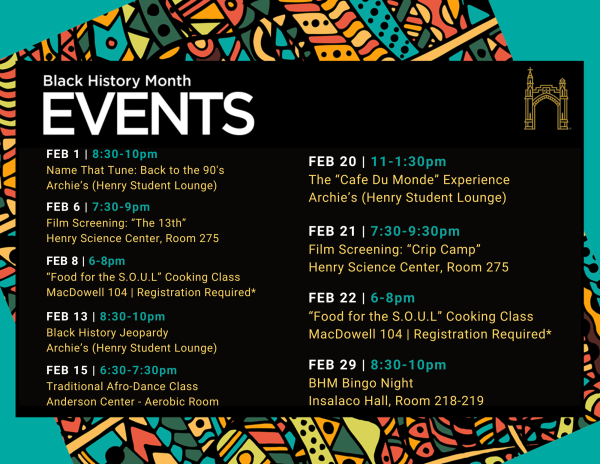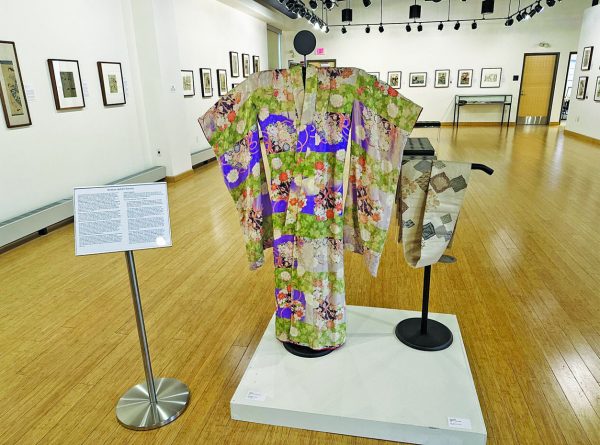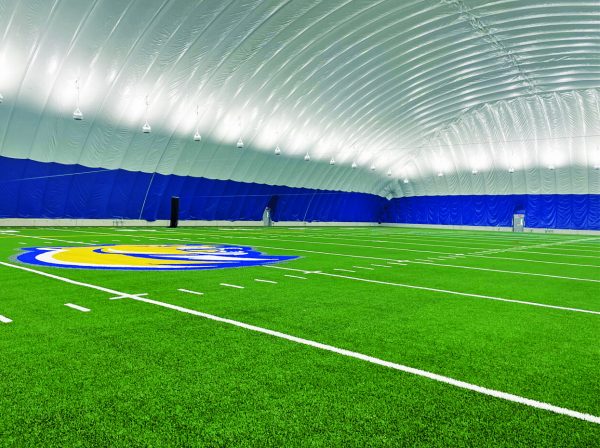Is Reffing the Roughest Job in Sports?
December 16, 2015
Angelina Buzgo from New Jersey drove to the soccer field in her Jeep. She saw heat waves rise up from the turf – it must have been at least 104 degrees. She recognized a little boys’ father, the same one who had caused problems the last time she refereed the boy’s game. When the game started, the father started trouble again, calling her names like “idiot” and “stupid b—-.”
It was mid-October when Maria Cribbs was refereeing her tenth and final game in Maryland over the long weekend. She had worked five games on Saturday and five on Sunday—each was at least 80 minutes long. As the game went on, a mother wearing a pink breast cancer awareness t-shirt that said, “I am the Boss,” heckled Cribbs who told her to stop or leave. The mom removed her shirt, thinking it was making her stand out in the crowd, “basically flashing everyone,” Cribbs said. When Cribbs told her to leave, the mother called her various profanities and unleashed the wrath of other parents who wanted to shield their children from the verbal assaults. Cribbs said three fellow referees and her supervisor watched the remainder of the game to help her keep control of the crowd.
Sarah Painter from Michigan has been refereeing for 16 years despite the repeated verbal abuse from the stands. She said she once made a call to throw out one of the players on the field. The coach, however, was convinced she removed the player simply because she did not like him. That player had earlier told her to “stop the clock, you dumb w—-.”
It is abuse like this that makes being a female referee tough for women, Buzgo said.
John Van De Vaarst, Director of Operations for the National Intercollegiate Soccer Officials Association, said referees face a grueling task.
“Many individuals become soccer officials and cannot deal with the comments from fans, coaches and players, and drop out before they reach the level necessary to join NISOA,” Van De Vaarst said. “Also, some individuals do not want to join due to the time commitment to travel to games and attend clinics.”
“I think you just have more to prove, even with the female players and coaches. I don’t think there is more yelling but definitely more disrespect directed at being a woman,” Painter said.
As any attentive Cougar sports fan knows, few female referees show up to call games in Misericordia’s sports programs. The exact number is difficult to pin down because referees are assigned by the Middle Atlantic Conference and not the university. There are also different officials’ leagues for different sports. University coaches have no say in the referees they get, but they do fill out forms to rate each referee’s performance. Sometimes, a coach can request a specific referee, said Chuck Edkins, athletic director.
Two sports regularly do have female refs, however. Most field hockey refs are women, according to senior field hockey player Angela Pasquani, and women’s lacrosse also has women on the field, said former sophomore lacrosse player Dylan Phoenix.
There have been no female center referees for men’s or women’s soccer games.
“In this area, soccer is still young,” Edkins said. “It’s 2015 and in Dallas high school, soccer has only been around for less than 10 years, he said.
But there were several female center referees at the women’s soccer Final Four in San Antonio in 2012.
“The number of female teams at the intercollegiate level continues to grow,” said Van De Vaarst. “There are many good players who understand the game and should continue in it after playing as officials.”
But Edkins said men’s and women’s soccer are very different games. He said women’s soccer is played more purely and traditionally.
“Boys are naturally faster than girls and tend to be more aggressive,” said senior soccer player Jessica Buffa. “I think those are two of the biggest differences between guys and girls soccer.”
Van De Vaarst said having officials of the same gender is always a plus during a game. “The understanding of how the game is played allows them to be better officials.”
But refereeing is a big commitment. While refs may be called to work during the week, most games are played on weekends. Buzgo said she not only attended school five days a week, she refereed on weekends and had practically no social life.
“I went to school during the week and by the weekend I was too tired to go out at night with my friends,” Buzgo said. “And if I wasn’t that tired I wouldn’t want to be out late anyway because I had to wake up early the next day to ref.”
Painter said it’s a difficult job to juggle. “Refereeing in general is very difficult and time consuming. It can be a thankless job with lots of travel,” Painter said.
Most refs travel a lot and alone, and they pay for expenses. However, NISOA referees at the higher level are paid $0.25 per mile because they travel much farther than referees for youth games, which tend to be relatively close by.
Weather also plays a role in discouraging referees. A typical soccer game is played in any weather, with the exceptions of lightening, extreme storms or extreme heat that could lead to heat exhaustion. Buzgo said no one wants to stand outside when the weather is not cooperative.
“I hated when it was a cold rainy day, and I had to referee all day in that crappy weather,” Buzgo said.
And then there’s the pay, which is very low. Newbie soccer referees for youth games make between $25 and $35 per game, depending on the age of the children and if the game is recreational or travel soccer.
College level center referees make $175 per game with the “gas money,” as well said Buzgo. But reaching that level takes years, she said.
Edkins said referees also have to know the history of the game. Someone who has played the sport knows the game’s intricacies and has real life experience as opposed to those who have only read about or watched the game.
Referees also need to start at the bottom, Van De Vaarst said, and begin with youth games. It takes roughly three years to reach a higher level as a referee in the NISOA. Those referees work high school, college and professional games, and that’s when referees can officially join the NISOA.
Buzgo said it’s a long process to get a referee badge. The applicants must go through a four-day “camp,” which consists of two weekends in a room looking over PowerPoint presentations and learning about the rules. Prospective referees must then complete and pass a final test.
Van De Vaarst said the NISOA is working to attract more female referees. The NISOA provides scholarships to women to attend the residential training camp, and he said members often visit children’s tournaments to spot new referees and recruit them if they have potential.

